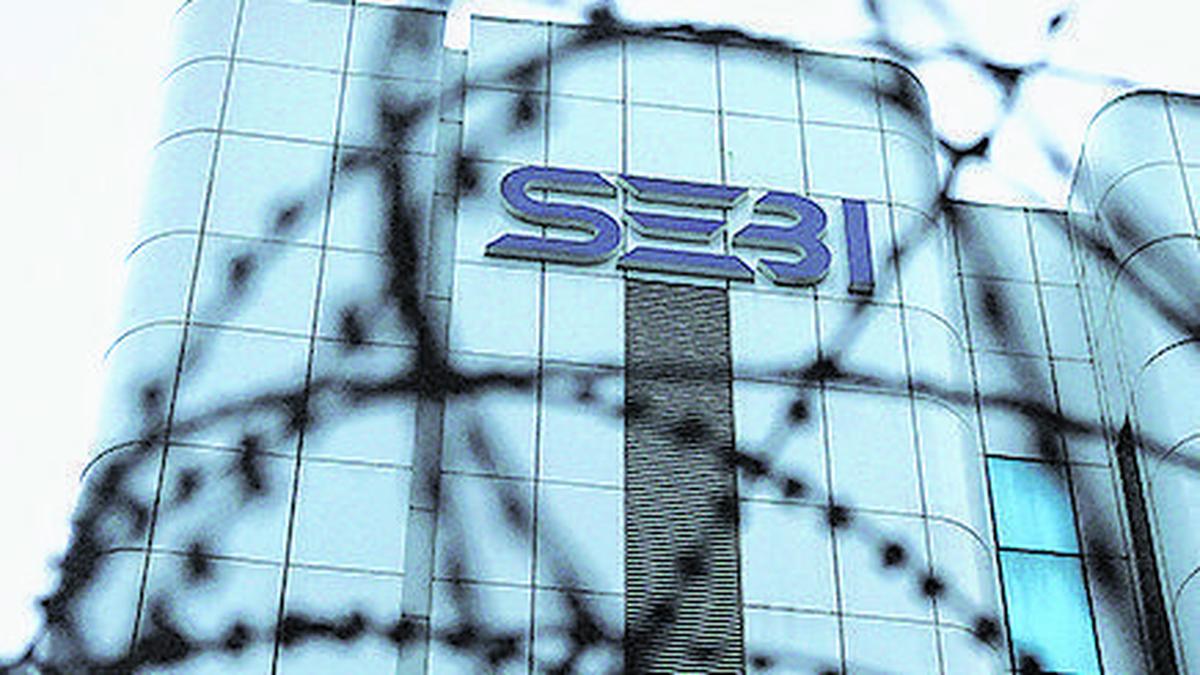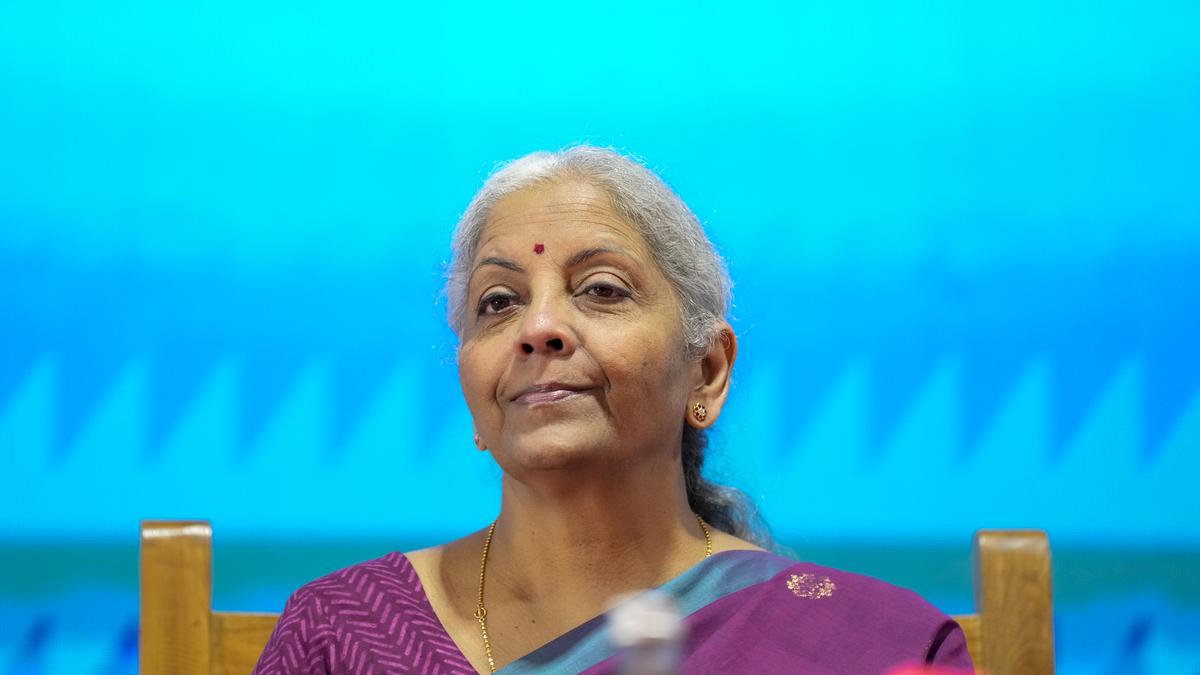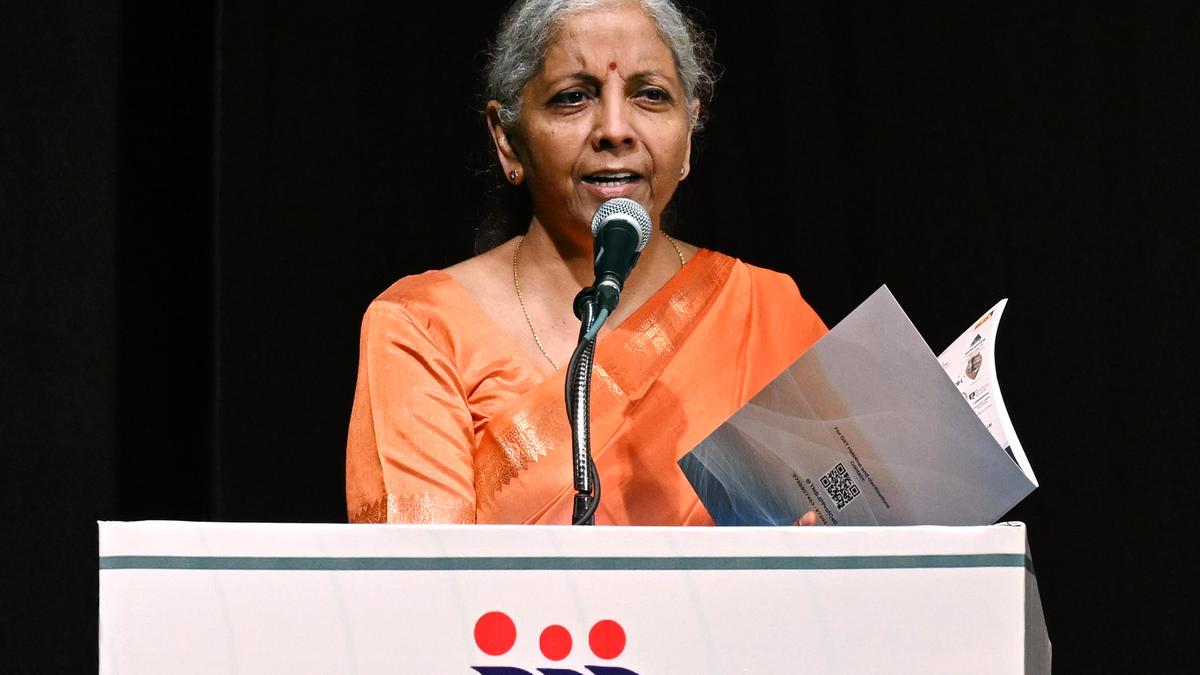Securities and Exchange Board of India (SEBI) headquarters.
| Photo Credit: FRANCIS MASCARENHAS
Amid growing number of investors losing in Future & Option (F&O) and talks afloat to reduce the expiry days, the Association of National Exchanges Members of India (ANMI) has written to the Securities and Exchange Board of India (SEBI), urging that investor education and eligibility norms should take precedence over product restrictions such as changes to expiry dates in derivatives contracts.
In its submission to SEBI Chairman Tuhin Pandey, the association has lauded his recent reassurance that “current certainty is that weekly F&O is on.” and welcomed Finance Minister Nirmala Sitharaman’s call to establish Trading Academies nationwide to boost investor capability.
ANMI has emphasised that sustainable reduction in retail investor losses can only come from structured training and awareness.
“Regulation can build guardrails, but only knowledge builds resilience,” the association said, adding that tinkering with product structures such as varying expiry days of indices like Nifty 50, Sensex, or Nifty Bank would not address the underlying issue of inadequate investor understanding.
Citing SEBI’s March 2025 report, ANMI noted that 91% of individual traders suffered net losses in FY 2025, with aggregate losses widening by 41% year-on-year to ₹1.05 lakh crore.
“While trading volumes grew, knowledge and risk-awareness did not,” it said.
“Establishing thousands of such academies across India must be treated as a national priority,” said K Suresh, National President, ANMI in the letter.
Adding perspective on the cultural and psychological barriers facing Indian investors, Vijay Sardana, a techno legal expert and Independent Director on various Boards & Member of Expert Committee, said, “As India’s financial markets expand and become more complex, the ideal way to reduce trading losses of individual investors and traders is by educating them about the capital markets.”
“The regulator must give impetus to academies which can impart knowledge on trading. SEBI should consider issuing guidelines and regulating Trading Academies to ensure credible, ethical, and high-quality financial education,” he said.
“With clear standards, certified trainers, and monitored content, India can curb misinformation, protect new investors, and significantly improve financial literacy among the masses, empowering citizens to make informed and responsible financial decisions,” he added.
According to the SEBI Investor Survey 2025, only 36% of existing investors have even moderate to high knowledge of market concepts, while two-thirds display low financial literacy.
The survey also found that fewer than 1% of respondents have ever attended an investor-education programme, though 70% of those who did found it useful.
On these findings, ANMI has proposed that SEBI recognise and license “Trading Academies” (TA) on the lines of Research Analysts (RA) and Investment Advisers (IA).
Such academies, it said, could deliver multilingual, tiered training programmes to diverse investor groups from first-time traders to advanced participants ensuring they grasp both opportunity and risk before entering the markets, it said.
Calling for a “balanced and education-driven” approach to reform, ANMI urged SEBI to restore weekly derivative contracts on Bank Nifty, even for institutional investors, and to formally recognise Trading Academies to institutionalise investor education.
Published – November 22, 2025 08:14 pm IST






